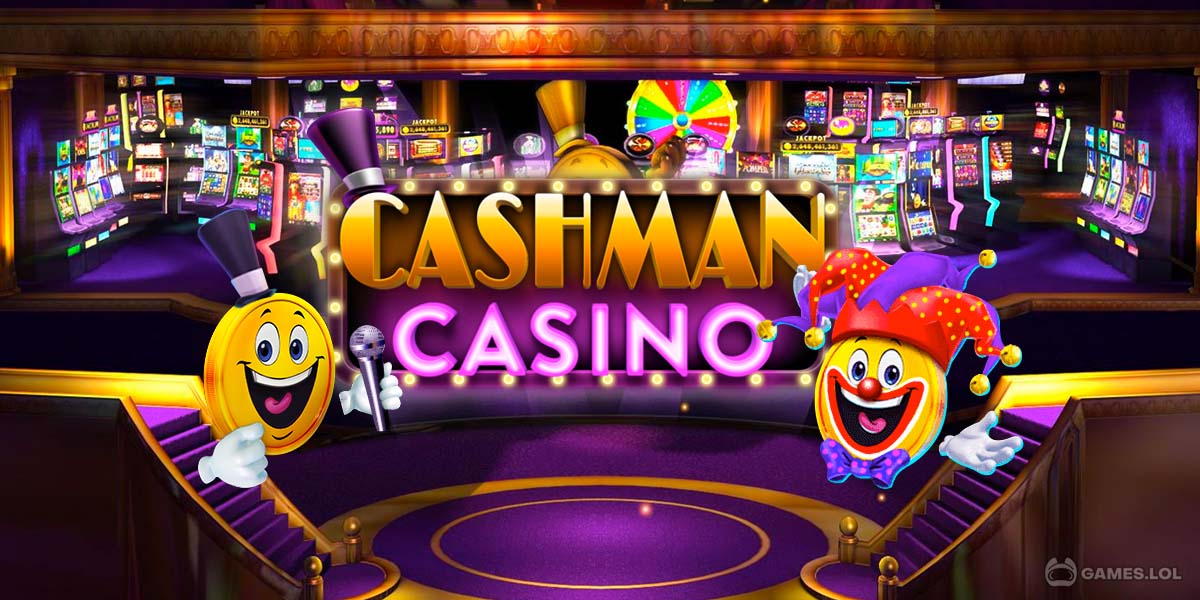
Gambling in casinos has long been a topic of fascination and controversy, attracting millions of players around the world. With a mix of chance, strategy, and the excitement of uncertainty, casino games offer an exhilarating escape from everyday life. However, as entertainment becomes ever more accessible, it calls for a deeper examination of the morality surrounding these games.
At the heart of the discussion lies the question of whether casinos promote safe gambling or exploit at-risk individuals. The appeal of potential winnings versus the reality of losses can create a complex situation, and understanding this balance is crucial for both players and operators. As we delve into the ethics of casino gaming, we will explore the duties of casinos, the effects on society, and the steps that can be taken to foster a healthier gaming environment. Goal123
The Impact of Casino Gaming on Society
Gambling in casinos has a notable influence on societal dynamics, affecting not only the economy but also social behaviors and local frameworks. The revenue generated from casinos can lead to job creation and boost regional economies, as they provide various employment opportunities in different sectors including hospitality, entertainment, and retail. However, while the economic advantages can be significant, communities often grapple with the possible negative impacts that arise from increased gambling activity.
Moreover, the presence of casinos can lead to an rise in gambling addiction, presenting significant challenges for individuals and families. The excitement of casino games can quickly evolve into a habitual habit, affecting connections with others and leading to monetary issues. Many individuals may struggle with the loss of control over their gambling habits, resulting in a need for assistance programs and help to address this growing issue. The social cost of gambling addiction can extend through kinships and neighborhoods, creating an urgent need for responsible gaming initiatives.
In addition to the economic and social consequences, casino gaming often reflects cultural attitudes towards uncertainty and leisure. It can encourage a sense of excitement and leisure, attracting visitors and boosting local travel. However, this allure may also mask the broader implications of gambling as a method of entertainment, provoking ethical questions about its promotion and availability. As communities weigh the benefits and drawbacks of casino gaming, the need for responsible practices and regulation becomes increasingly critical in ensuring that the positive aspects are enhanced while minimizing the potential harms.
Moral Concerns in Betting Practices
The morality of casino gaming often revolve around the potential for dependency and its effects on individuals and families. Betting can lead to significant financial distress, impacting not only the betters but also their families. As people become caught in the appeal of winning, many lose track of their budget, which can result in devastating outcomes such as bankruptcy. This poses ethical questions about the responsibility of casinos in fostering safe gambling habits and providing support for those who may be struggling with betting addiction.
Another critical concern is the advertising of betting to vulnerable groups. Gambling establishments often aim at low-income individuals or neighborhoods with the offer of fast rewards, which can continue cycles of financial struggle and hopelessness. In this situation, the morality of marketing strategies used by casinos come under scrutiny, as they may exploit the desperation of individuals seeking an escape from financial hardships. This manipulation raises moral questions about the integrity of the betting industry and its responsibility to protect its most at-risk customers.
Additionally, the effect of gambling gaming on the community as a whole cannot be overlooked. While some argue that gambling establishments create employment and boost local economies, others point to the community costs associated with dysfunctional betting, increased crime rates, and a burden on public resources. Balancing financial advantages with the risk for community issues presents a challenging moral dilemma for lawmakers and gambling operators alike. The difficulty lies in discovering a ethical approach that prioritizes the welfare of people and communities while still permitting for the enjoyment of gambling activities.
Oversight Framework and Duties
The legal structure related to gaming games is designed to ensure justice, honesty, and participant safety. Various government agencies and casino commissions establish and apply regulations that dictate how gambling activities operate, the guidelines for product design, and the protocols for processing prizes. These regulations differ by region but usually involve permit requirements for operators and strict measures to avoid deception and dishonesty.
In furthermore to regulatory bodies, casino businesses bear considerable responsibility in preserving principled standards within their facilities. They must implement safe player practices that encourage gambler protection and consciousness, including presenting self-exclusion options and offering information about the hazards connected to gaming. Operators are also accountable for training employees to identify signs of compulsive gambling and be aware of the appropriate actions to support customers in distress.
Furthermore, clarity in gambling operations is crucial for earning and preserving public faith. Operators should offer clear details about the probabilities of activities, advertising opportunities, and any associated hazards. By fostering an atmosphere of honesty and trust, gambling establishments can help lessen the potential harmful impact of betting while enhancing the overall gaming experience for all gamblers.
